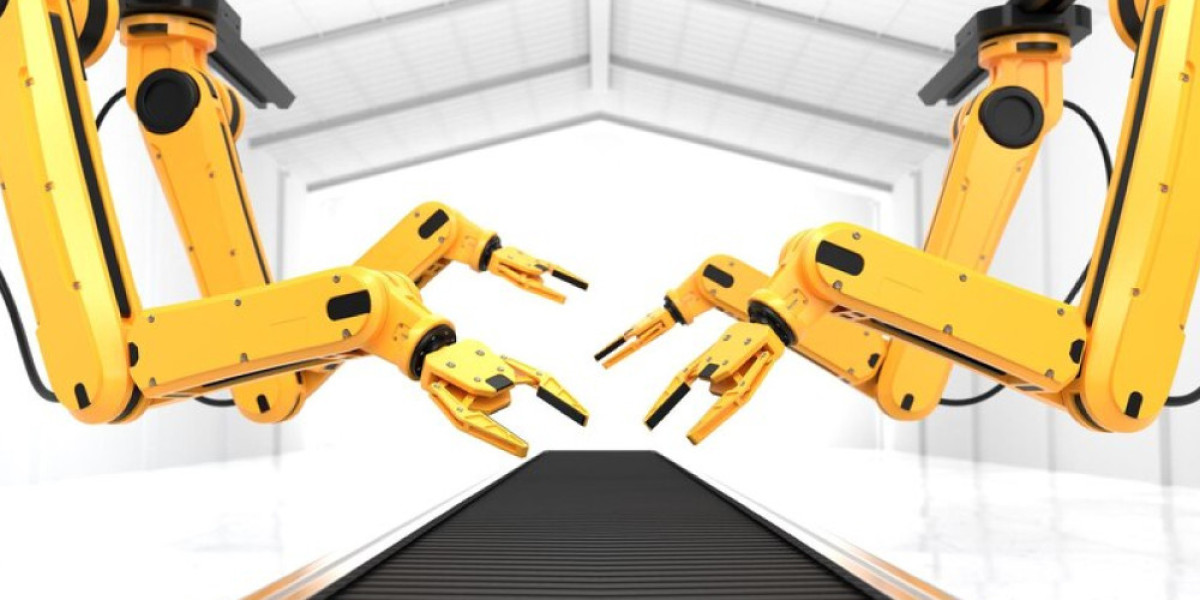The Detonator Industry encompasses a range of products and technologies related to blasting initiation systems. This industry includes manufacturers of electronic and non-electric detonators, as well as suppliers of mining explosives accessories. With the growth of sectors such as mining and construction, the industry is evolving to meet the increasing demand for reliable and efficient detonators. Innovations in technology, coupled with stringent safety regulations, are driving the development of advanced detonator solutions, ensuring that the industry remains competitive and responsive to market needs.
The global detonator market has emerged as a key segment within the mining, construction, and defense industries, playing a crucial role in blasting and explosion initiation systems. Detonators are highly sensitive devices used to trigger explosives safely and effectively, enabling controlled blasting operations in various applications. The market is witnessing steady growth due to increasing mining activities, infrastructure expansion, and demand for advanced explosive technologies. With global emphasis on safety, precision, and automation, manufacturers are focusing on developing electronic detonators that provide improved accuracy and reliability. As industrial operations become more technology-driven, detonator systems have evolved from simple mechanical devices to sophisticated electronic components integrated with remote monitoring and control capabilities.
Market Dynamics and Growth Drivers
Several factors are driving the expansion of the detonator market. Rising demand for minerals and metals due to industrialization and urbanization across emerging economies has increased the number of mining projects globally. Additionally, the growing construction sector, particularly in developing regions, fuels the need for blasting activities in tunnels, roads, and dams. Defense modernization programs worldwide are another contributing factor, as detonators play a vital role in military ammunition and demolition systems. Technological innovation is reshaping the landscape of detonator production, with electronic and non-electric detonators leading the transformation. These advanced systems offer higher levels of accuracy and minimize the risk of misfires, enhancing operational safety and efficiency.
Technological Advancements in Detonator Systems
The evolution of detonator technology is a key highlight of the current market scenario. Traditional fuse-based systems are being replaced by non-electric and electronic detonators that provide better control over blasting sequences. Non-electric detonators, which use shock tubes instead of electric cables, have gained popularity in hazardous environments due to their immunity to electrical interference. On the other hand, electronic detonators have revolutionized the mining and construction industries by enabling programmable delay timing and wireless initiation systems. These innovations allow precise control of explosion sequences, reducing environmental impact and improving fragmentation results. Additionally, companies are focusing on integrating digital platforms and IoT solutions for real-time monitoring and data analysis of blasting operations.
Regional Insights and Market Opportunities
Asia-Pacific dominates the global detonator market due to its large-scale mining activities and ongoing infrastructure development. Countries such as China, India, and Australia have been major consumers of detonators, driven by continuous mining operations and government initiatives for construction expansion. North America and Europe also hold significant shares due to technological advancements and the adoption of strict safety regulations. Meanwhile, the Middle East and Africa are witnessing growing demand for detonators, particularly in mining and oil exploration projects. The market’s growth potential remains strong as governments and private players continue to invest in safe and efficient blasting technologies that meet regulatory standards and sustainability goals.
Competitive Landscape and Key Players
The detonator market is highly competitive and features prominent players focusing on product innovation, safety improvements, and strategic collaborations. Companies are expanding their production capabilities and investing in R&D to introduce reliable and environmentally friendly detonator systems. The competition is primarily centered on offering customized solutions, ensuring compatibility with various explosive systems, and improving cost efficiency. The shift toward automation and remote operations has also led companies to develop digital detonator management systems, providing end-users with enhanced control and monitoring functionalities.
Future Outlook of the Detonator Market
The future of the detonator market looks promising with continuous advancements in blasting technologies, the integration of digital systems, and the growing emphasis on environmental sustainability. As industries strive for efficiency and safety, detonator manufacturers are expected to adopt intelligent solutions that minimize risks and optimize energy usage. The increasing exploration of minerals and natural resources will remain a key growth driver, while stringent government regulations will push for safer and eco-friendly alternatives. Overall, the market is set to evolve toward intelligent blasting systems, combining innovation with operational excellence to meet the dynamic demands of modern industries.
FAQs
Q1: What are the main types of detonators available in the market?
The major types include electric, non-electric, and electronic detonators, each suited for specific blasting applications.
Q2: Which industries primarily use detonators?
Detonators are widely used in mining, construction, and defense sectors for controlled explosions and demolition.
Q3: What trends are shaping the future of the detonator market?
Digitalization, automation, and environmental sustainability are the leading trends driving innovation in detonator technology.
More Related Reports:








